
The African-American community in Ghana gathered in vibrant celebration this week to mark Juneteenth, commemorating the 1863 abolition of slavery in the United States, particularly in the Southern states.
The festival, held in Accra, was a powerful display of heritage, remembrance, and unity between Africa and its Diaspora.
The day’s events began with a spirited freedom parade from the W.E.B. Du Bois Center to the Accra Tourism Information Centre, led by members of the African-American Association of Ghana (AAAG), Ghanaian citizens, and government representatives.
The parade set the tone for a day of festivities, which included cultural performances, acrobatic displays, interactive panel discussions, and a welcoming ceremony celebrating shared history and future aspirations.
In a speech delivered on behalf of Maame Efua Houadjeto, CEO of the Ghana Tourism Authority (GTA), Bright Asempa Tsadidey, a GTA representative, emphasized the deeper meaning of the Juneteenth celebration:
“Juneteenth is not just a commemoration of the end of slavery in the United States; it is a call to reflection, unity, and forward movement for the global African family.
Today, as we gather on this sacred land, we are not only celebrating freedom, but also resilience, identity, and the enduring bonds between Africa and its Diaspora.”
He reaffirmed Ghana’s commitment to fostering ties with the African Diaspora through programmes like the Year of Return, Beyond the Return, and partnerships like the Juneteenth Festival.
The GTA proudly supported the event by sponsoring stage and sound equipment and participating in the parade, reinforcing the country’s dedication to community-government collaboration and cultural reconnection.
Maurice Cheetham, Vice President of the AAAG, passionately recounted the history of Juneteenth and highlighted the broader goals of the association.
“Juneteenth was the day in 1863 when U.S. President Abraham Lincoln declared the enslaved people in the Southern states free. But it wasn’t until 1865—two years later—that enslaved people in Texas learned they were free.
There was no TikTok, no internet, no way to spread the word fast. That’s what we’re commemorating today: delayed freedom, ongoing struggle, and cultural resilience.”
Cheetham emphasized the association’s mission not only to commemorate history but to impact communities positively.
He cited several African-American-led initiatives in Ghana, including schools, STEM academies, and NGOs that are giving back to local communities.
“Our history is your history. Many Ghanaians don’t know what Juneteenth is. We’re here to share that story and make this celebration an annual tradition—one that honors our shared past and builds a united future,” Cheetham said.
He also voiced strong support for reparations and recognition of the historical injustices of slavery: “There was a promise made by Abraham Lincoln—40 acres and a mule—that was never fulfilled. We continue to fight for that justice. At the same time, we are also fighting to return home, reconnect, and rebuild.”
As conversations around reparations grow louder globally, events like the Juneteenth Festival in Ghana serve as both reminders of the past and blueprints for a more unified future.
For many attendees, the celebration was more than a cultural gathering—it was a homecoming and a symbol of enduring connection between the African continent and its Diaspora.
The post African-American Community in Ghana Marks Juneteenth appeared first on The Ghanaian Chronicle.
Read Full Story
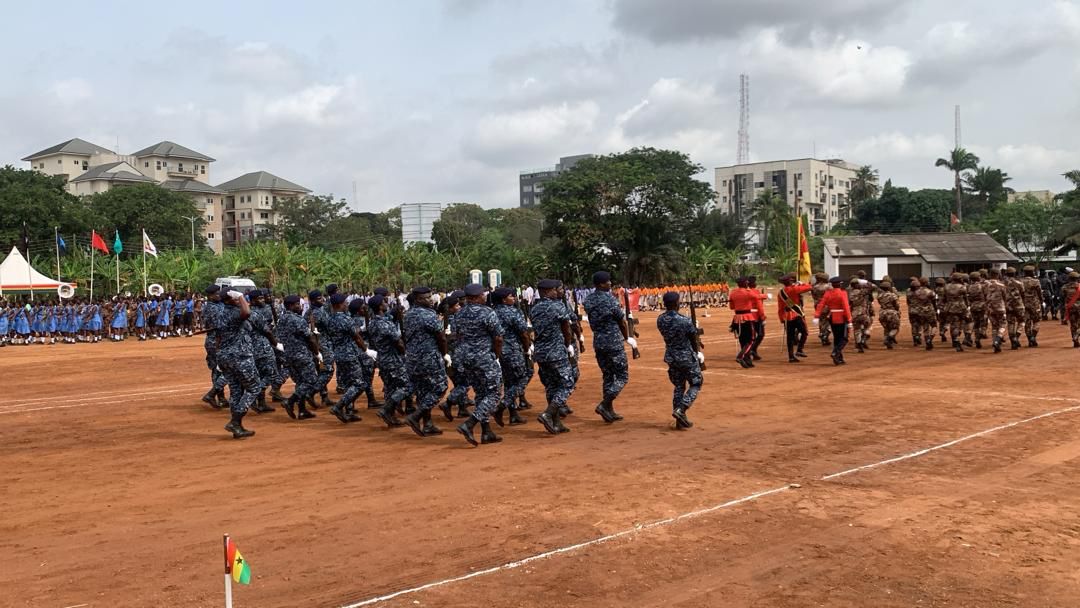
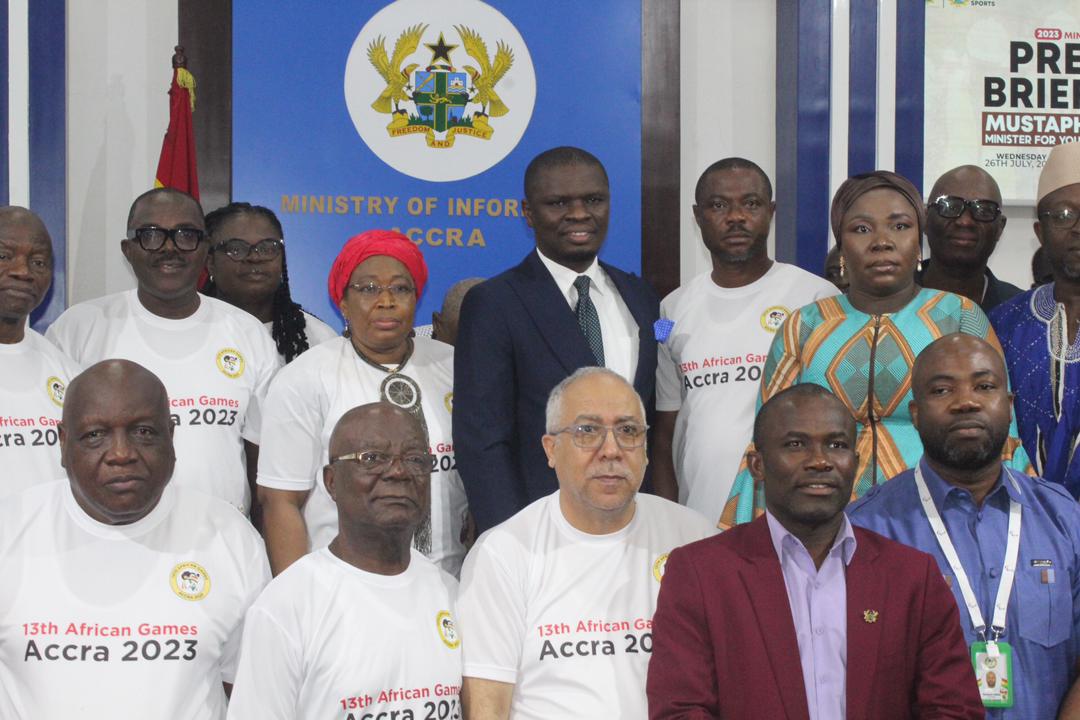

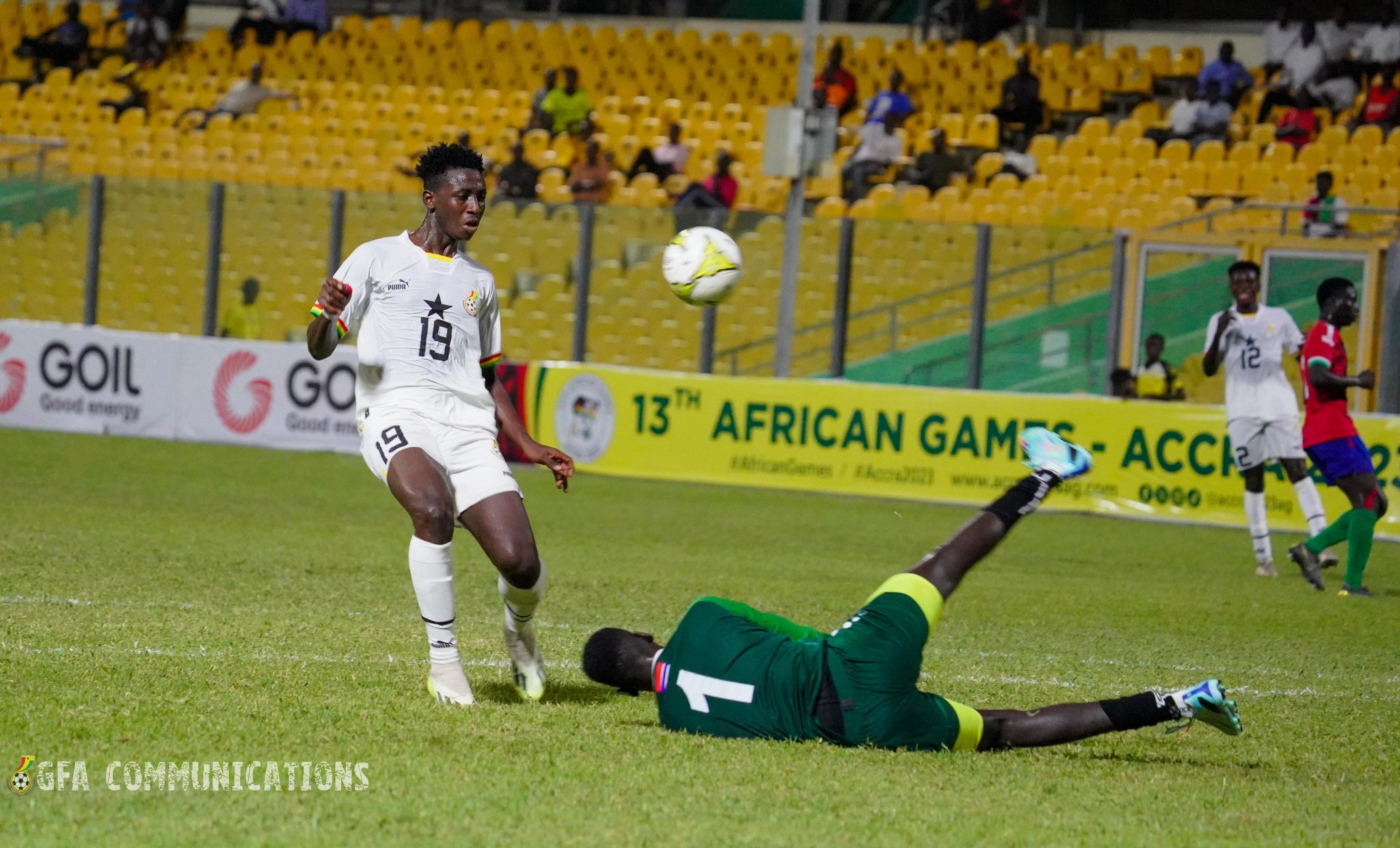





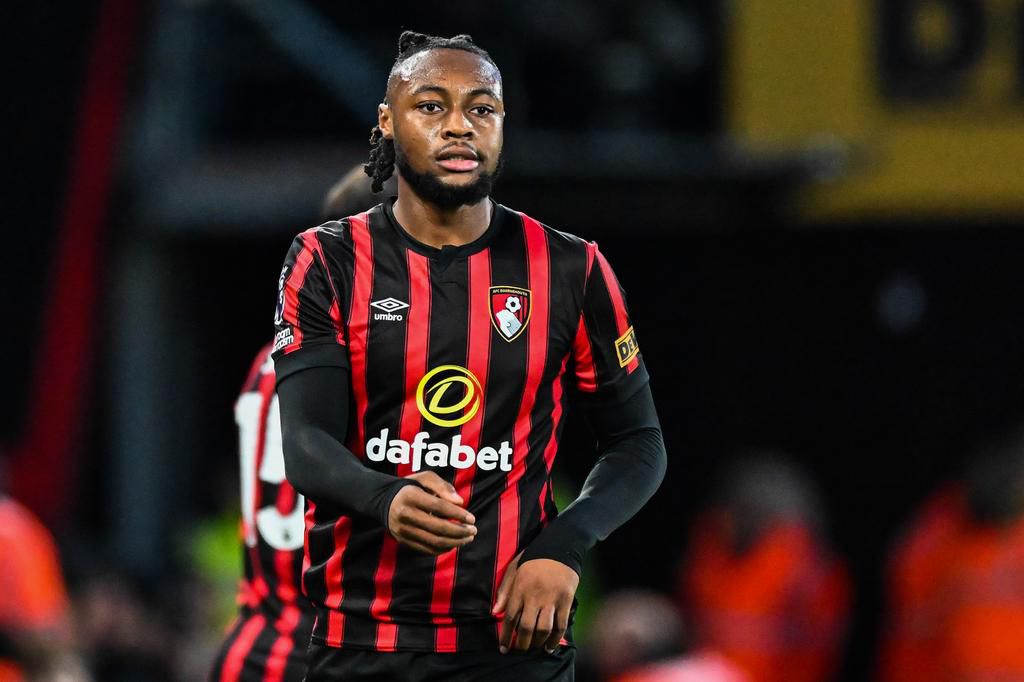
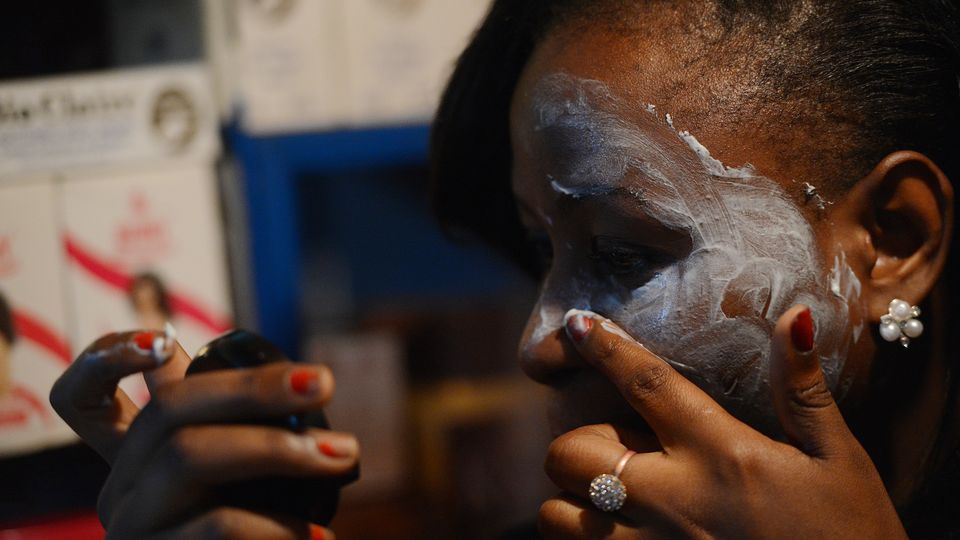

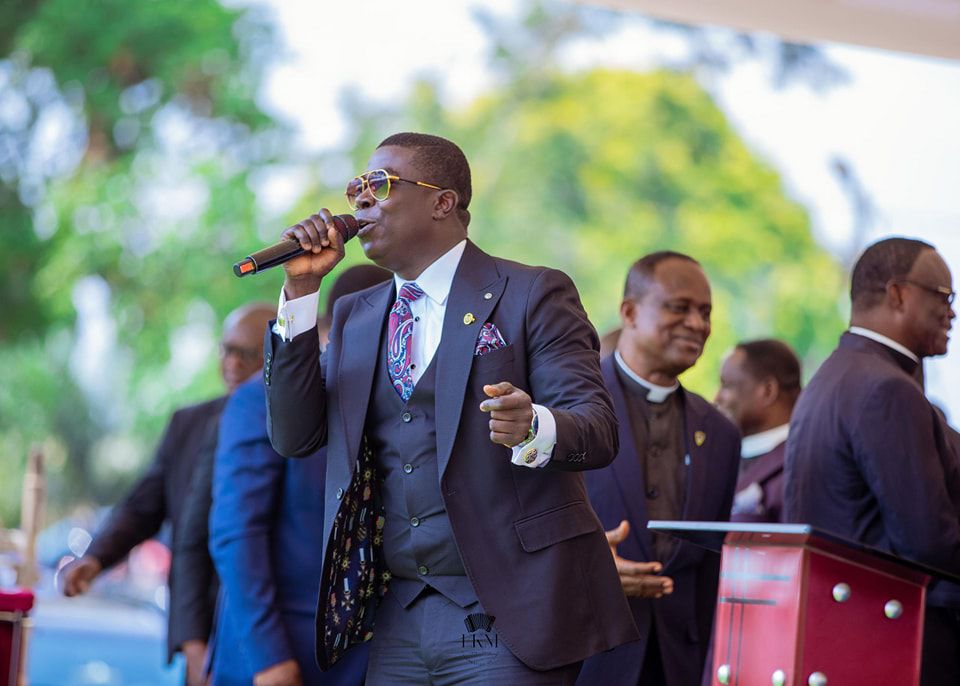
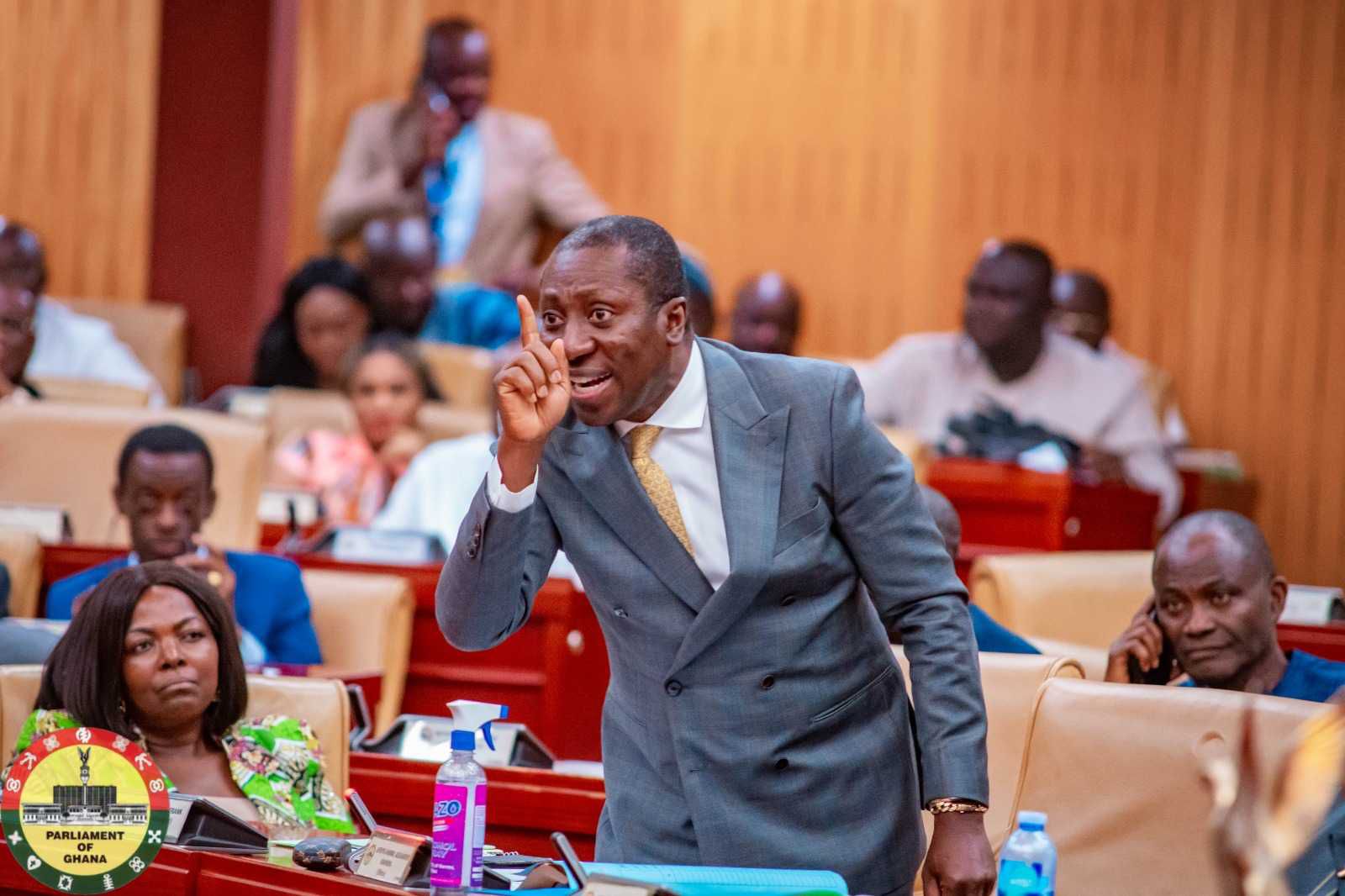







Facebook
Twitter
Pinterest
Instagram
Google+
YouTube
LinkedIn
RSS